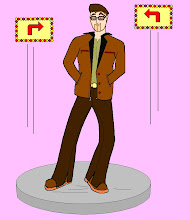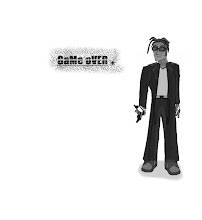The Internet revolution has come. Some say it has gone. In The Future of Ideas, Lawrence Lessig explains how the revolution has produced a counterrevolution of potentially devastating power and effect. Creativity once flourished because the Net protected a commons on which widest range of innovators could experiment. But now, manipulating the law for their own purposes, corporations have established themselves as virtual gatekeepers of the Net while Congress, in the pockets of media magnates, has rewritten copyright and patent laws to stifle creativity and progress. Lessig weaves the history of technology and its relevant laws to make a lucid and accessible case to protect the sanctity of intellectual freedom. He shows how the door to a future of ideas is being shut just as technology is creating extraordinary possibilities that have implications for all of us. Vital, eloquent, judicious and forthright, The Future of Ideas is a call to arms that we can ill afford to ignore.
Reviewing the first chapter “Free” Lessig shows how the door to a future of ideas is being shut as technology is creating extraordinary possibilities. The creativity is clogged, as no one has freedom of ideas and freedom of speech. The blindness will harm the environment of innovation. It gives some indication as to why innovation activities and their results are so very limited. As going digital: digital technologies create and replicate reality much more efficiently than non digital technology by decreasing production cost. The great difference between capitalism and socialism was thus perceived as the mere elimination of the private property character of capital, or as the complete monopolization of capital under centralized government control, which would serve no longer the specific interests of the capitalist class but the whole of society.
Free resources have always been central to innovation, creativity, and democracy.
Production and consumption are sides of a coin, the essence of balance. They form the basis of economics – without consumption, production is pointless, and vice versa, examples:
In labor, the producer enjoys the effort which makes the holiday possible, the consumer enjoys the holiday itself.
In troubleshooting, the producer enjoys getting to the root of the problem, the consumer enjoys it when the problem is solved.
Free resources have been crucial to innovation and creativity; that without them, creativity cripples.
*-------------------------------------------------------------*







No comments:
Post a Comment